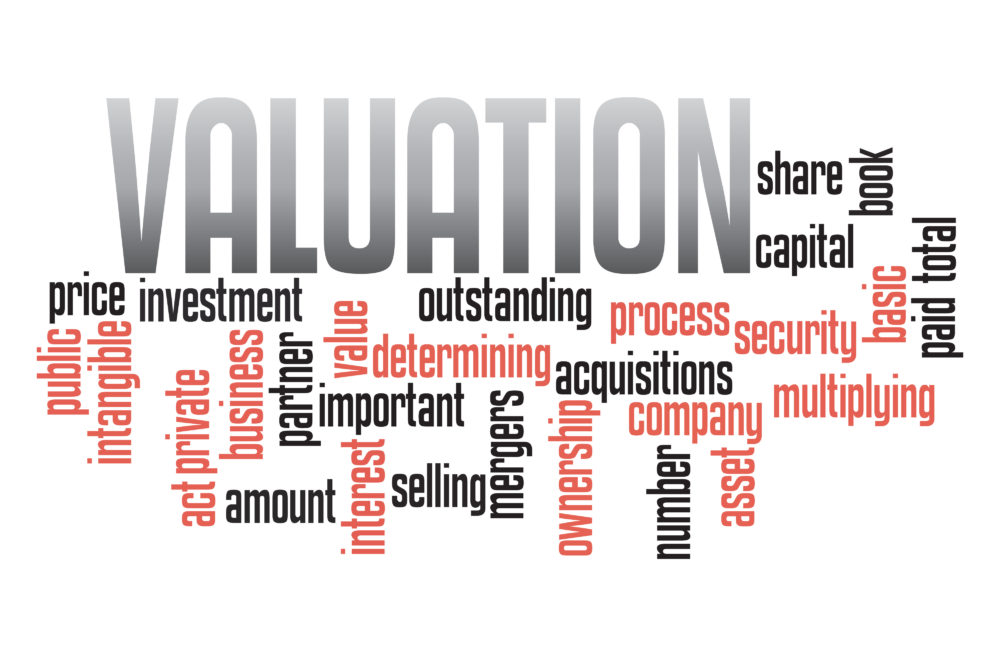If you are looking to buy a business, there are several factors that can influence the price you will pay. These include recent and projected figures for profit and cashflow, the price similar businesses are attracting and the number of people bidding for the business.
You should also consider points such as how much goodwill and intellectual property there is in the business, the number of contracts in place (and how long these are for) and the potential for growth that the business demonstrates. However, as Rick Sheldon, director in corporate finance at Styles & George emphasises, valuing a business is not a precise science.
“You cannot ‘calculate’ what a business is worth as the answer will vary amongst different people. Timeframe will also have an effect. For example, someone might want to sell their business for £1 million at 55 but may require £1.5 million to sell at age 40 depending upon their personal circumstances,” explains Sheldon.
He adds that valuation specialists can, however, be commissioned to execute a number of calculations to help determine a fair price and what you might be prepared to pay for a business.
Whilst some industries have rules of thumb that guide valuations, most specialists look at how much future cash a business can generate to pay out to its shareholders.
‘They will also research comparable deals in your business sector and be able to consider the valuation from the vendor’s perspective and feed this into your thought process as the buyer. All of this adds science to the valuation process and since valuing shares is usually a prelude to some form of negotiation, your adviser, having identified the key valuation issues, should be able to help you negotiate an advantageous deal’ believes Sheldon.




